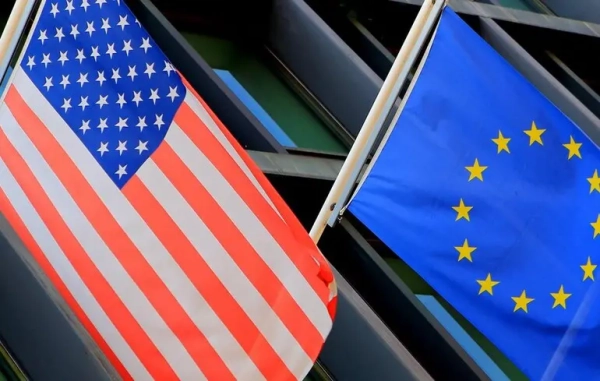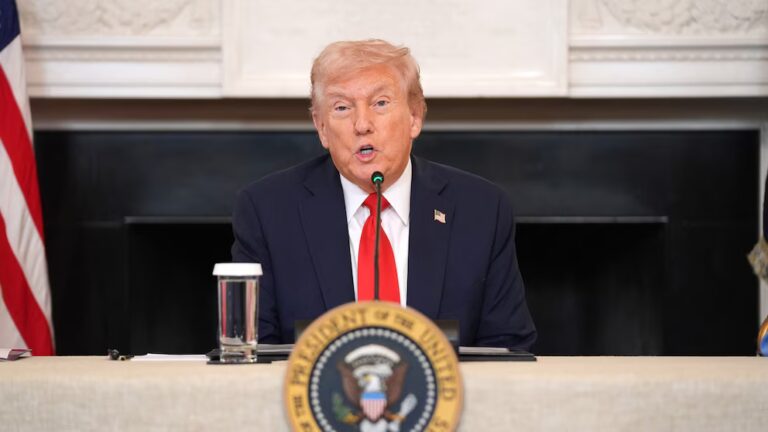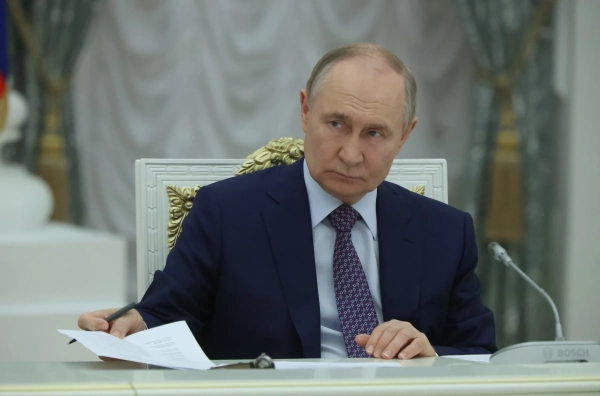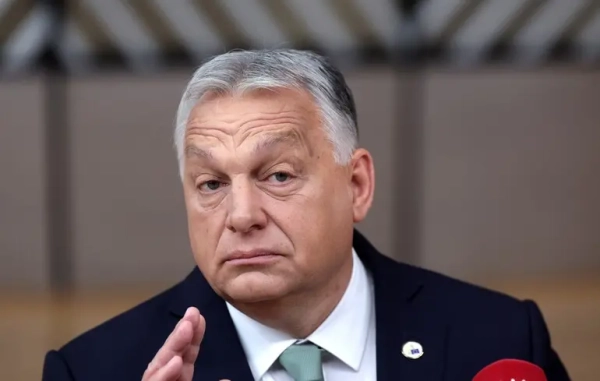
© Deutsche Welle The call came after Trump set a “deadline” for Putin to agree to a meeting with Zelensky.
The United States should join forces with Europe to increase pressure on Russian dictator Vladimir Putin to negotiate an end to the war in Ukraine before the end of a “deadline” set by US President Donald Trump, EU foreign ministers said on Saturday, August 30. Politico reports .
Speaking on the way to the Copenhagen meeting, a number of ministers listed new EU sanctions, potential tariffs on Russian exports, the use of Moscow's frozen assets and strong security guarantees for Ukraine as means of putting pressure on the Kremlin leader and strengthening Kyiv's position.
However, French Foreign Minister Jean-Noel Barrot and other colleagues emphasized that while Europe will promote such initiatives, all of this can only be truly effective if Washington joins in putting pressure on Putin.
“If in a few days, after the two-week deadline announced by [US] President Donald Trump, Vladimir Putin continues to resist a high-level meeting with the president of Ukraine, then we will have to apply strong sanctions — US sanctions as well as European sanctions,” Barro said.
The EU is working on a 19th package of sanctions against Russia, which will most likely target Russia's energy and financial sectors, and is also evaluating the possibility of introducing new tariffs on Russian exports to increase pressure on Moscow's economy, according to a discussion document seen by Politico.
However, such actions must be supported by the United States to persuade Putin to stop attacks on Ukraine, agree to meet with Ukrainian President Volodymyr Zelensky and finally agree to a ceasefire, other ministers said.
“We are currently working on the 19th package of sanctions. I think it would be very important if we could do this together with our transatlantic friends, in particular the United States,” said Finnish Foreign Minister Elina Valtonen.
“We need to put even more pressure on Putin. I think it’s quite clear that [Putin] is just trying to buy time and divert attention from the attacks on civilians and infrastructure, and more recently on the EU mission in Kyiv,” said Danish Foreign Minister Lars Lukke Rasmussen, whose country currently holds the EU presidency.
Washington is working closely with a number of European countries — known as the “coalition of the willing” — on security guarantees for Ukraine after the ceasefire.
Barro says military planners from a coalition of willing countries, including the United States, have held the first detailed discussions on how potential security guarantees, which could include the presence of European troops on Ukrainian territory, would work.
On Friday, August 29, the EU's chief diplomat Kaia Kallas stated that most EU countries are ready to train Ukrainian soldiers in Ukraine in the event of a ceasefire.
“You have to take a risk. Security guarantees must be formed as soon as possible,” said Estonian Foreign Minister Margus Tsahkna.
Diplomatic efforts to end Russia’s war in Ukraine have so far failed, even after Trump held separate meetings with the leaders of Russia and Ukraine earlier this month. The US president has repeatedly threatened Russia with sanctions and “serious consequences” but has ultimately failed to take concrete action. Russia, meanwhile, continues to bomb Ukrainian cities with missiles and drones, showing no sign of stopping the war.
On August 22, Trump set a two-week deadline — the latest in a series of deadlines — for Putin to agree to direct talks with Zelensky to end the war, again threatening “consequences” if the Russian dictator did not comply. But EU leaders have expressed skepticism about the likelihood of the meeting, and German Chancellor Friedrich Merz has said it is unlikely to happen . Ukraine’s allies are calling for increased pressure on the Kremlin leader.






